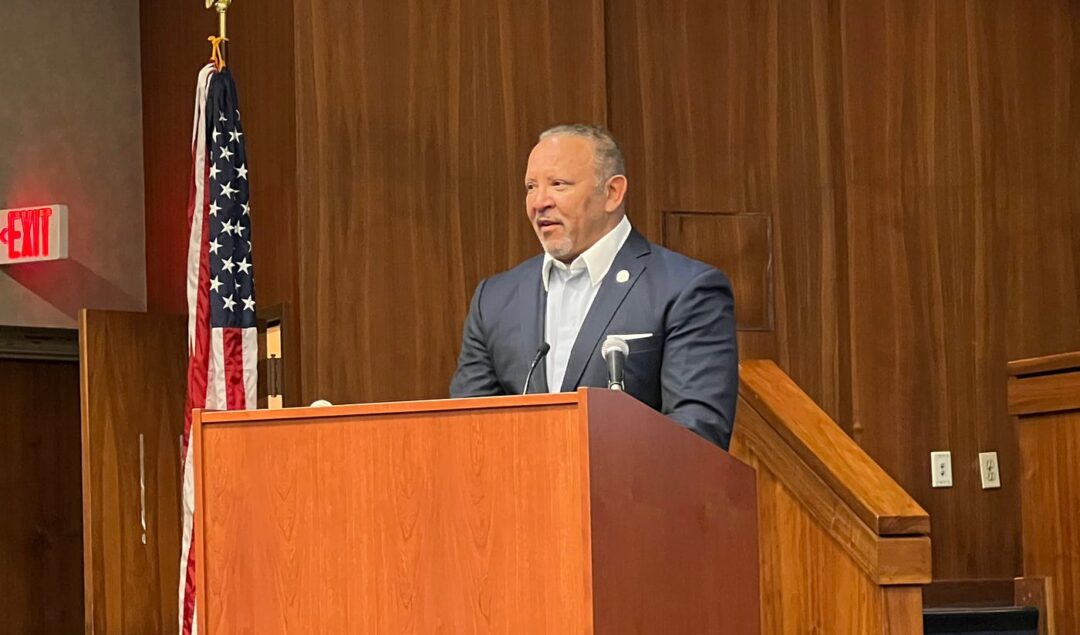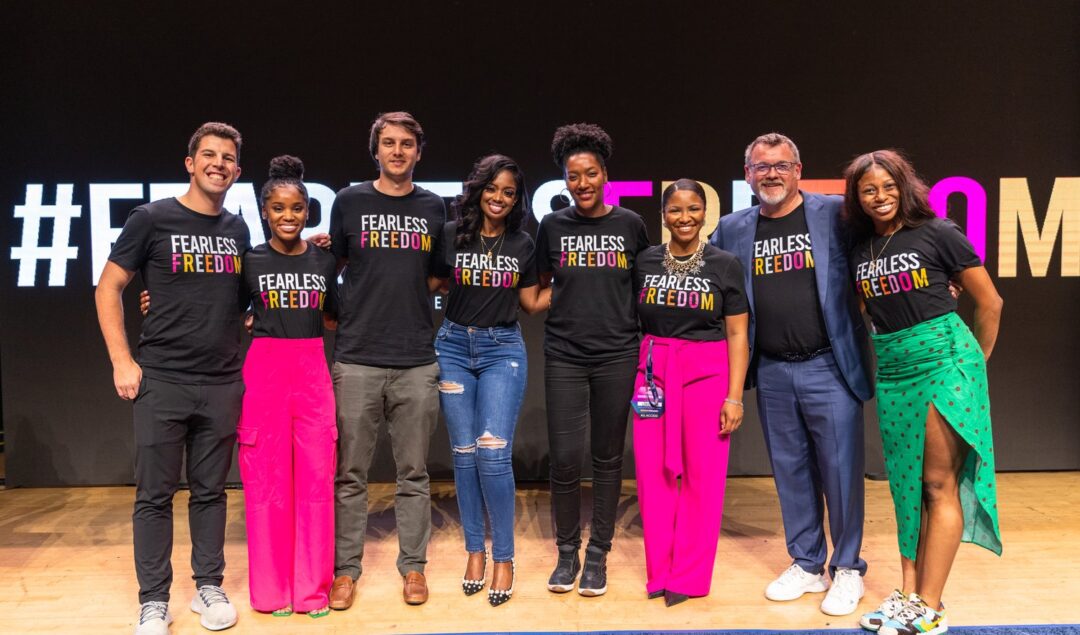A federal judge has ordered the Minority Business Development Agency (MBDA) to extend its services to all racial and ethnic groups, not just minorities. Judge Mark T. Pittman of the U.S. District Court for the Northern District of Texas made this landmark decision. MBDA: What Has Happened? Founded during the Nixon administration, the MBDA’s primary mission has been to assist minority-owned businesses. However, Judge Pittman’s ruling challenges this focus, stating that the presumption that white business owners are not disadvantaged violates the 14th Amendment’s guarantee of equal protection under the law. As
“DEI must DIE,” Elon Musk, the world’s wealthiest person, boldly declared in a Twitter/X post on December 15. “The point was to end discrimination, not replace it with different discrimination.” The South African Tesla and Twitter/X owner doubled down the following day, adding, “‘Diversity, Equity and Inclusion’ are propaganda words for racism, sexism and other -isms. This is just as morally wrong as any other racism and sexism.” Who benefits from DEI? Diversity, Equity, and Inclusion initiatives aim to rectify historical and ongoing discrimination by providing equal access and opportunities
A federal court has temporarily blocked Fearless Fund’s grant program for Black women entrepreneurs amid an ongoing lawsuit by the American Alliance for Equal Rights. The decision reverses last week’s ruling by US District Judge Thomas V. Thrash, ultimately denying the conservative group’s allegation that the program was racially discriminatory. The Lawsuit Against Fearless Fund Fearless Fund invests in women of color-led businesses seeking pre-seed, seed level or series A financing. The American Alliance for Equal Rights, founded by Edward Blum, brought a lawsuit against Fearless Fund in August 2023.
A federal judge in Georgia ruled that Fearless Fund, a venture capital fund for women of color, can continue offering a grant program only to Black women entrepreneurs. On Tuesday, the judge refused to issue an injunction blocking the program after a lawsuit alleged it engaged in “explicit racial exclusion”. The Lawsuit Against Fearless Fund The American Alliance for Equal Rights, founded by Edward Blum, brought a lawsuit against Fearless Fund in August 2023. It targeted the fund’s Fearless Strives Grant Contest, which awards Black women who own small businesses
Business owners of color seeking Small Business Administration (SBA) loans can no longer say their race is a disadvantage without a three-page letter to back it up. According to the Insider, applicants must complete a “social disadvantage narrative” to receive funding through the SBA’s 8(a) Business Development program. SBA’s 8 (a) Program The 8(a) Business Development program is a robust nine-year program created to help firms owned and controlled by socially and economically disadvantaged individuals. Businesses participating in the program receive training and technical assistance designed to strengthen their ability
The conservative group, American Alliance for Equal Rights, led by Edward Blum, has filed a lawsuit against law firms Perkins Coie and Morrison Foerster, challenging their diversity fellowships. The lawsuits allege these fellowships unlawfully discriminate against white candidates and request that racial considerations be eliminated from fellowship selections. The Law-Firms Law firm Perkins Coie has diversity fellowships for first-year and second-year students from underrepresented backgrounds. Their 1L – first fellowship offers students a $15,000 academic scholarship on top of a paid summer role, and their 2L- second-year- fellowship gives students $25,000. They
Fearless Fund: VC Fund For WOC Responds To Racial Discrimination Lawsuit From Conservative Activists
Fearless Fund has responded to the lawsuit filed by the American Alliance for Equal Rights (AAER) after it accused them of racial discrimination. What happened? Conservative group American Alliance for Equal Rights, founded by Edward Blum, brought a lawsuit against Fearless Fund, which supports women of color who own small businesses. The lawsuit accuses Fearless Fund of violating Section 1982 of the Civil Rights Act of 1886, which bars racial bias in private contracts, by opening its grant competition to Black women alone. Lawsuits brought by Blum and the conservative group led
Conservative group American Alliance for Equal Rights, founded by Edward Blum, has brought a lawsuit against Fearless Fund, which supports women of color who own small businesses. Reuters reports that the lawsuit accuses Fearless Fund of violating Section 1981 of the Civil Rights Act of 1866, which bars racial bias in private contracts by opening its grant competition to Black women alone. Lawsuits brought by Blum and the conservative group led to the June Supreme Court’s ruling to shut down affirmative action, barring universities and colleges from considering race in their
In the wake of the Supreme Court’s recent halt to Affirmative Action in college admissions, 13 Republican attorney generals have turned their sights towards corporate diversity programs, with tech giant Microsoft amongst their targets. The Lead-Up Tech industry titans such as Apple, Microsoft, and Uber are facing potential legal ramifications as Republican state prosecutors target their workforce diversity programs. This comes in the wake of George Floyd’s murder, a tragic event that catalyzed these companies to publicly commit to enhancing diversity within their ranks. Their ambitious commitments include plans to
The U.S. Supreme Court has ruled against colleges and universities considering race in their admissions process, leaving the tech industry with mixed opinions on the outcome. How did we get here? Affirmative action was introduced in the 1960s to ensure equal employment opportunities for women and minorities. For the last four decades, the Court held that institutions and colleges could consider race, among other factors, as part of a holistic review in their recruitment and admissions process. Other considerations include academic achievement, athletic ability, and legacy status. However, recent lawsuits,













